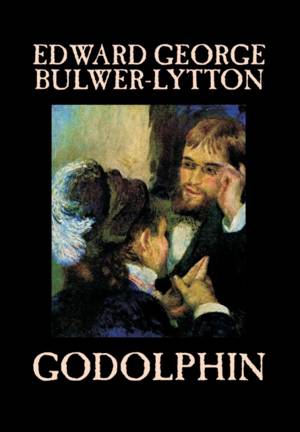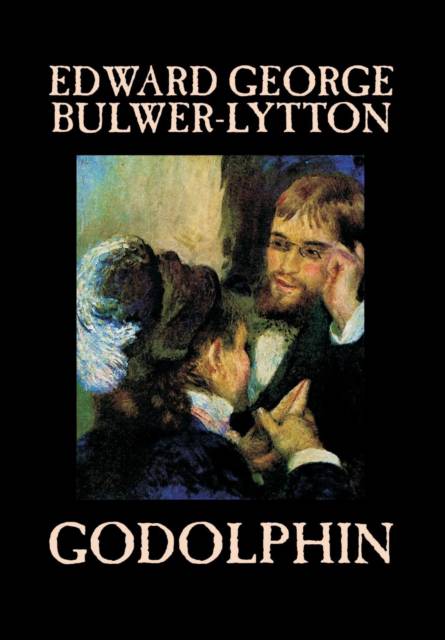
- Retrait gratuit dans votre magasin Club
- 7.000.000 titres dans notre catalogue
- Payer en toute sécurité
- Toujours un magasin près de chez vous
- Retrait gratuit dans votre magasin Club
- 7.000.0000 titres dans notre catalogue
- Payer en toute sécurité
- Toujours un magasin près de chez vous
Godolphin by Edward George Lytton Bulwer-Lytton, Fiction, Literary
Edward George Bulwer-LyttonDescription
This novel was begun somewhere in the third year of my authorship, and completed in the fourth. It was, therefore, composed almost simultaneously with EUGENE ARAM, and afforded to me at least some relief from the gloom of that village tragedy. It is needless to observe how dissimilar in point of scene, character, and fable, the one is from the other; yet they are alike in this -- that both attempt to deal with one of the most striking problems in the spiritual history of man, viz., the frustration or abuse of power in a superior intellect originally inclined to good. Perhaps there is no problem that more fascinates the attention of a man of some earnestness at that period of his life, when his eye first disengages itself from the external phenomena around him, and his curiosity leads him to examine the cause and account for the effect; -- when, to cite reverently the words of the wisest, "He applies his heart to know and to search, and to seek out wisdom and the reason of things, and to know the wickedness of folly, even of foolishness and madness." -- EDWARD GEORGE BULWER-LYTTON
Spécifications
Parties prenantes
- Auteur(s) :
- Editeur:
Contenu
- Nombre de pages :
- 344
- Langue:
- Anglais
Caractéristiques
- EAN:
- 9780809596256
- Date de parution :
- 01-02-04
- Format:
- Livre relié
- Format numérique:
- Genaaid
- Dimensions :
- 152 mm x 229 mm
- Poids :
- 657 g

Les avis
Nous publions uniquement les avis qui respectent les conditions requises. Consultez nos conditions pour les avis.






